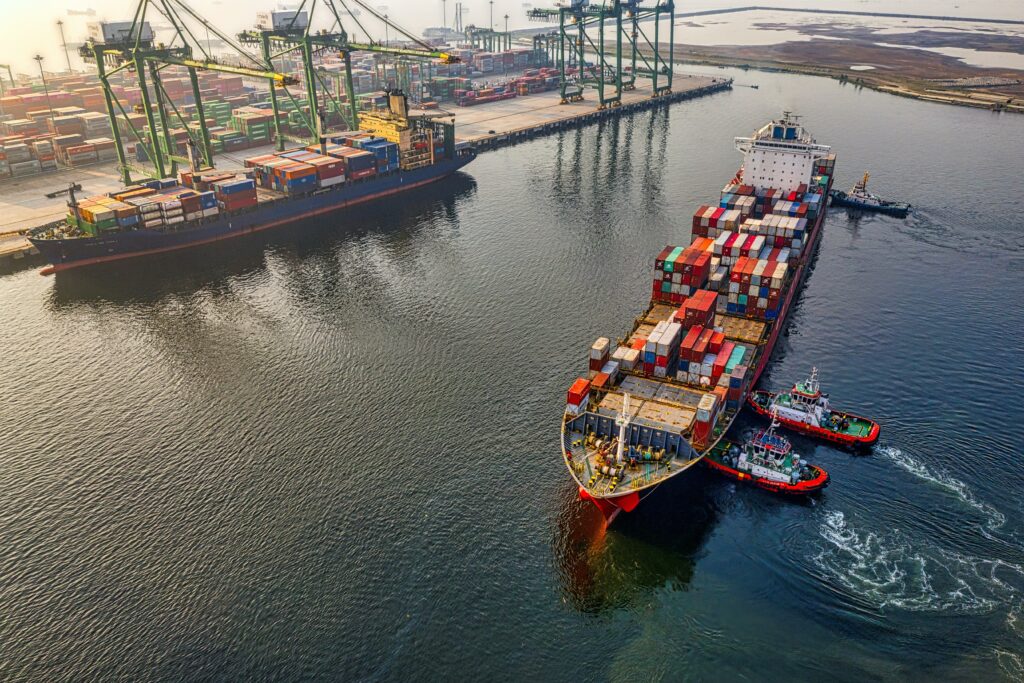Some clouds are dark. Others are altogether more fluffy, light, wispy and white. If the parallel wasn’t too obvious, some computing clouds are dark and others are cleaner and clear.
The analogy here is meant to explain ‘dark’ computing clouds are badly provisioned, poorly used (in terms of resource allocation), inappropriately managed and run in a cost-inefficient way that causes waste in both the virtual sense and the environmental sense.
Further to their ineffective operational status, dark black computing cloud instances are run with a failing approach to social issues inside and outside the workplace – and, additionally, they are characterized by a lack of appropriate governance.
Aiming to help organizations avoid dark clouds and embrace initiatives to propel environmental, social and governance (ESG) goals, IFS has now announced the latest enhancements to IFS Cloud. The October 2022 release, part of a twice-annual release cycle of the software, contains numerous enhancements designed to help customers meet their environmental, social and governance (ESG) goals.
Of the new capabilities in the latest release of IFS Cloud, many features are aimed at making it easier and faster for customers to collect, manage and record key data that provides visibility into their environmental performance.
Greenhouse gas emissions
These enhancements include new functionality to track indirect greenhouse gas emissions to assess an organization’s overall carbon footprint in accordance with the Greenhouse Gas Protocol. There is also now the ability to help project teams connect and extract data from various sources and assess their performance.
A brand new feature enables organizations to record vehicle usage and environmental costs in the planning and scheduling optimization (PSO) process, allowing companies to capture data around the performance of different vehicle types and compare the results, while also enabling report generation to support ESG initiatives.
The journey to sustainability
“IFS has come a long way in a short time in its ability to understand and track customers’ ESG performance and support them on their journey to sustainability. We have concentrated on the element that represents the biggest challenge: data. Understanding data and being able to collect and interpret it is ultimately fundamental to any strategy. We are focused on making this easier and simpler for every organization to achieve,” said Christian Pedersen, chief product officer, IFS.
Also in the current platform updates is the power to reduce spare part inventory and increase refurbishment by empowering mobile service technicians to manage the return of unused inventory and uninstalled components easily and accurately, thereby reducing waste.
IFS’s Pedersen suggests that an organization’s environmental, social, and governance goals are in the spotlight.
Planetary impact
“IFS tools and innovations provide the data to help drive towards your aims, show progress against commitments and demonstrate accountability and transparency. Our message to our customers is: ’stay focused on ESG goals and making an impact on the planet’ right now,” added Pedersen.
IFS’s twice-annual release cycle, of which the October 2022 update is the latest example, allows customers to constantly evolve their solution without the need for major upgrades or migrations, clearing their road to focus on business transformation.




